I have been trying to find a way to enforce unique error messages in our application. That is, I want to know exactly which line of code produced the error, so when users contact support we know the source of the error from the message logged.
I found this question which gave me a mechanism (using guids to enforce uniqueness), but one question remains: How do I prevent copy/paste duplication? - specifically, a developer copying the logging line itself:
Log(<guid>, errorMessage);
In this case the guid would be duplicated and no longer useful for identifying the unique line which generated the error.
The one idea I have had which would actually work is writing a tool to be run by our build server which would parse the code for error message guids, keep a list, and fail the build on a duplicate. I'm wondering if there is a cleaner solution.
Other things I've considered:
There are various ideas using some sort of central listing of error messages, but I have not found one which addresses the copy/paste issue.
There are also a number of schemes which would require keeping a manual list in some way. I don't want to pursue something like this as it creates the possibility of discrepancies between the list & production code.
I've also seen suggestions to use the stack trace, but I'm a bit hesitant to do that for security & performance reasons.
